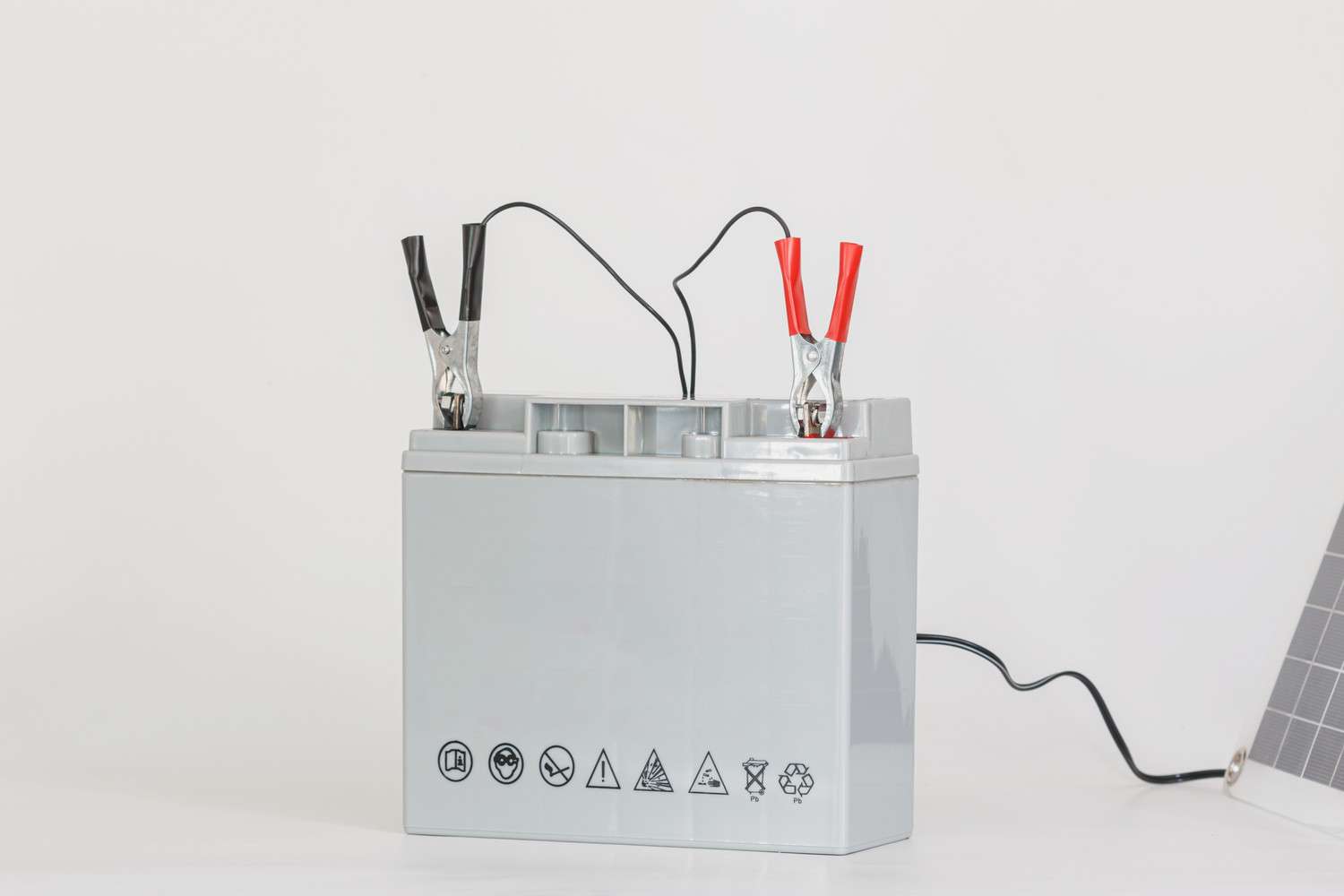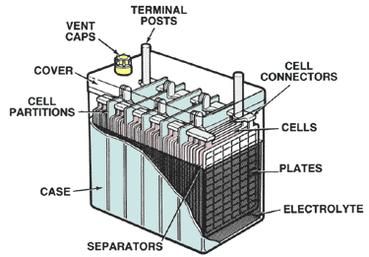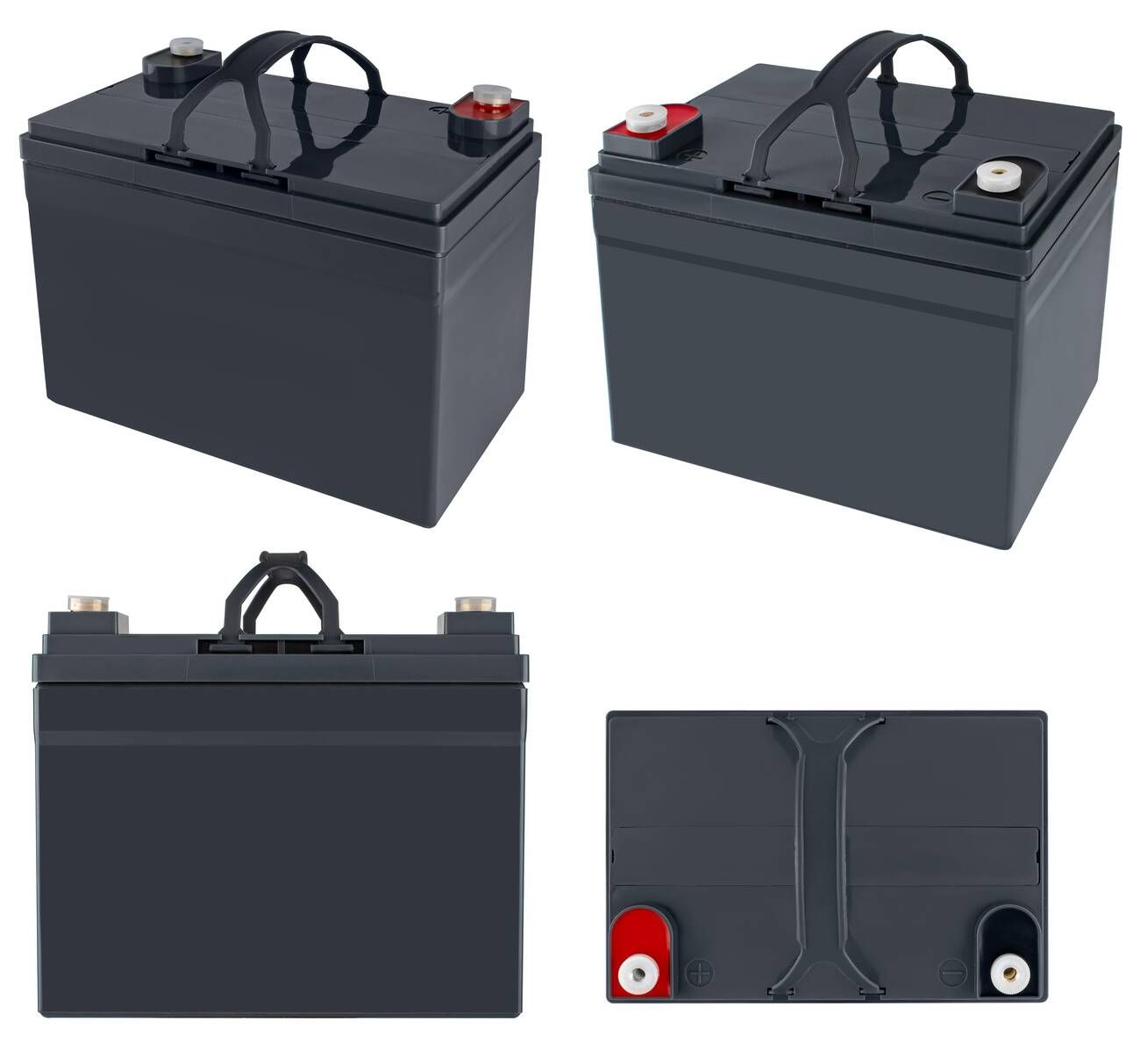
Apr 17,2025
Gel batteries, also known as gel cell batteries, are valve-regulated lead-acid (VRLA) batteries. They are designed to provide a consistent and reliable source of power. Unlike traditional lead-acid batteries, gel batteries use a gelled electrolyte, a thick paste-like substance. This gel is responsible for many of the unique characteristics of gel batteries.
Gel batteries are constructed with precision, incorporating a unique blend of materials to ensure optimal performance and safety. Here's a closer look at their composition:

The defining feature of gel batteries is their gel electrolyte. This electrolyte is a silica-based gel that immobilizes the electrolyte in a solid state. This minimizes the risk of leakage, even in cases of physical damage to the battery.
Gel batteries contain lead plates, similar to other lead-acid batteries. These plates are typically made of lead dioxide and sponge lead, and they play a crucial role in the electrochemical reactions within the battery.
Gel batteries feature a separator that prevents the internal components from coming into direct contact with each other, reducing the risk of short circuits.
Gel batteries function based on the principles of lead-acid chemistry. However, instead of a liquid electrolyte, they use a gel-like substance that immobilizes the electrolyte. This immobilization helps prevent leaks and allows the battery to be mounted in various positions without the risk of acid spillage. When electricity is needed, the chemical reactions within the battery release electrons, generating an electrical current.
Gel batteries offer many advantages, making them an ideal choice for various applications. Let's delve into some of these benefits:
The gel electrolyte and sealed design of gel batteries make them extremely safe to use. You won't have to worry about acid leakage or spills, making them perfect for indoor and sensitive environments.
Gel batteries are virtually maintenance-free. Unlike traditional lead-acid batteries, there's no need to monitor water levels or add distilled water periodically. This convenience saves time and effort.
These batteries can handle deep discharges without suffering damage or capacity loss. This makes them suitable for applications that require reliable power, such as solar energy systems and electric vehicles.
Gel batteries typically have a longer lifespan compared to traditional lead-acid batteries. They can serve you for many years with proper care, making them a cost-effective choice in the long run.
Gel batteries have applications in various industries, from telecommunications and emergency lighting to renewable energy and marine use. Their versatility makes them a preferred choice for many professionals.

Gel batteries are employed in numerous applications where their unique characteristics are highly valued. Some common uses include:
Gel batteries offer several advantages over traditional lead-acid batteries, including a longer cycle life, reduced maintenance, and better performance in deep-cycle applications. However, they do come at a higher initial cost.
Gel batteries are often compared to Absorbent Glass Mat (AGM) batteries due to their similar design and maintenance-free characteristics. AGM batteries are generally better at delivering short bursts of high current, while gel batteries excel in deep-cycle applications.
Here's an In-Depth Comparison of Lead-Acid vs Gel vs AGM Batteries
When selecting a gel battery for your specific application, consider the following factors:
For more In-Depth knowledge on the ideal gel battery for your solar system, check out our detailed guide on How to Choose the Best Gel Battery for Your Solar System.
Maintaining gel batteries is relatively straightforward. Regularly check the connections and terminals for corrosion and clean them if necessary. Additionally, it's a good practice to recharge your gel battery promptly after use to prolong its life.
Gel batteries have emerged as a reliable and versatile energy storage solution for various applications. Their unique design and characteristics make them a preferred choice when durability, deep cycling, and low maintenance are essential. Whether you're looking to power your solar panels, keep your boat running, or ensure uninterrupted medical equipment operation, gel batteries have you covered. With their long lifespan and impressive resilience, these batteries are here to stay, providing the energy needed to keep our modern world moving forward. So, next time you come across a gel battery, you'll know it's not just a slimy substance; it's a powerhouse of energy ready to serve your needs.
No, gel and AGM batteries have similarities but are distinct battery types with different characteristics and ideal applications.
Gel batteries can perform in various temperatures, but extreme cold or heat may affect their efficiency.
While not always necessary, a charger designed for gel batteries can help prolong their lifespan.
The lifespan of a gel battery can vary depending on usage, maintenance, and other factors, but it often ranges from 5 to 10 years.
Gel batteries are relatively eco-friendly, but recycling and disposal methods vary by region, and some other battery types may have lower environmental impacts.
Powered ByTradeWheel.com